Hannah Duguid from Perth has battled the eating disorder anorexia since she was weighed as part of a ‘health week’ at primary school.
Warning: This article contains sensitive information about disordered eating.
Now Hannah, 21, is speaking out to support others with eating disorders – and show that recovery is possible.
But she also fears proposals to put calories on menus in Scotland could make recovery tougher for people like her.
Here, she tells us about how anorexia affected every aspect of her life and the therapy that finally helped.
Hannah explains: “My health is really good and I’m a lot better, which is the reason I feel I can talk about it now.
“It all started when I was in primary seven. The first trigger for my eating disorder was when we were weighed in the classroom and everyone told each other their weight.
‘My heart sank and I thought I want the number to be smaller’
“Mine was completely normal but when I heard it my heart sank. It instantly made me think ‘I want that number to be smaller’.
“It’s one of those things that was presented in quite a lighthearted way – you don’t think a 12-year-old is really going to care about that number.
“But unfortunately there are a number of people who will be affected.”
Hannah hid her anorexia for years, struggling with body image and becoming isolated.
‘A very good liar’
She says, “It stayed a secret for a long time. Anorexia makes you a very good liar.
“The easy excuse is ‘oh, I can’t eat first thing in the morning’.
“Then, at high school, mum would give me money but I wouldn’t use it. I’d go home and say I’d eaten a lot so would only need a small dinner.
“It makes you self-centred. You’ll say ‘why are you making me that, I don’t like that’ when really I do like it, I do want it, but I can’t let myself have it.
School work was a struggle for Hannah as her condition worsened.”You’re very isolated and in your own head. You can’t think straight, you are tired, cold all the time.
“Even going up the stairs, I remember feeling so light-headed and having to take a moment as I was going to pass out.
“It completely affected my schoolwork. I went from quite a good student to not focused.
Turning point
“When I got home from school I was not thinking about homework, I was thinking how can I get out for a run or exercise to burn off the tiny amount of food I’ve just eaten.”
The turning point came for Hannah when she realised her body was breaking down. Her periods had stopped.
“I told my mum what was happening as I was so tired and cold. My body was so sore and I realised ‘I just can’t do this any more’.”
Hannah was referred to CAMHS in Perth for family-based therapy but found it ‘too weight-targeted’ and she relapsed when she was 18.
‘I like myself now… but I’m facing a setback’
“In my second round of therapy, as an adult, I went to a therapist in Perth,” she continues.
“The focus was on coping mechanisms if things go wrong in my life.
“So understanding that it’s not because I’ve eaten a piece of cake. The issue is that I’m stressed and need to problem-solve that.
“Everyone has good days and bad days. But I like myself as a person now and want to speak out about it and let others know they’re not alone.
“However, though I’m healthy and happy I face a major setback: The proposal to add calorie counts to menus in Scotland.
“Going to eat out has became a social thing again, where I know I’ll have a good time.
“But as soon as I see a menu with three-digit numbers on it saying what is in each dish, I’m no longer thinking ‘what would I like’, I’m thinking ‘what can I allow myself to have or what is safe for me’.”
While she understands obesity is a big issue, Hannah says: “If someone is trying to improve their health or lose weight they will already know a triple-cheeseburger on a menu is going to be higher calories.
“There must be a way to support people without giving eating disorders an easy way to continue to affect lives. Two different menus, for example.”
Hannah’s advice to anyone struggling with disordered eating is to be patient with themselves and take any support offered.
“Family and friends are everything,” she says. “If you speak to them they will be there for you and not judge you.
“Continue to challenge your eating disorder. Know that the voice in your head, as loud as it is now, can become quieter.”
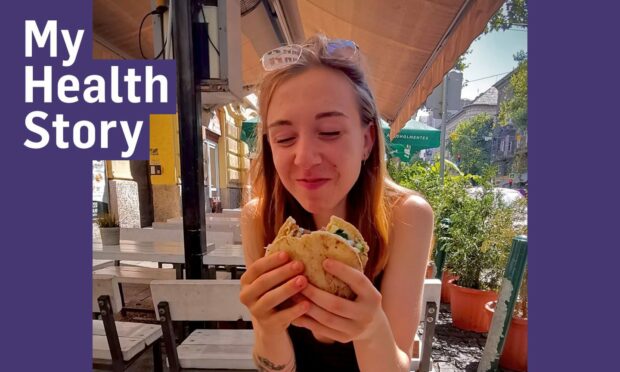
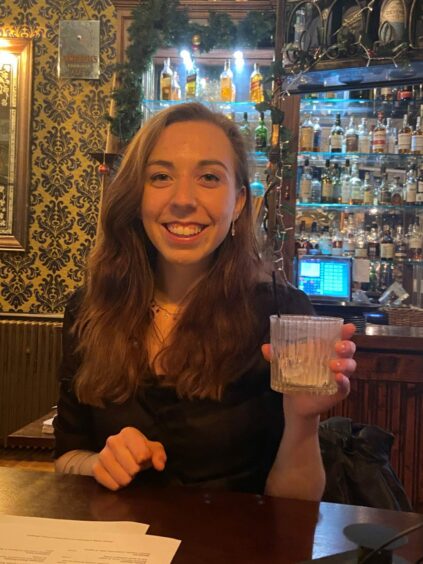
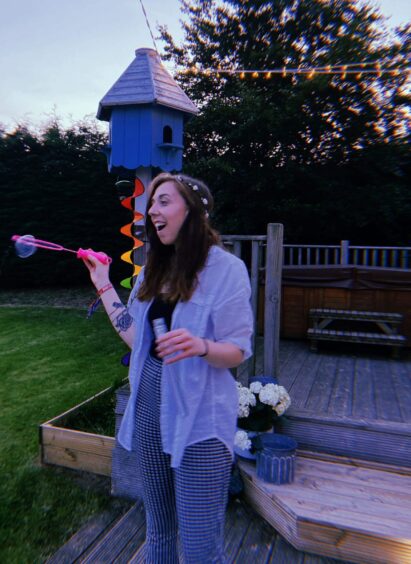


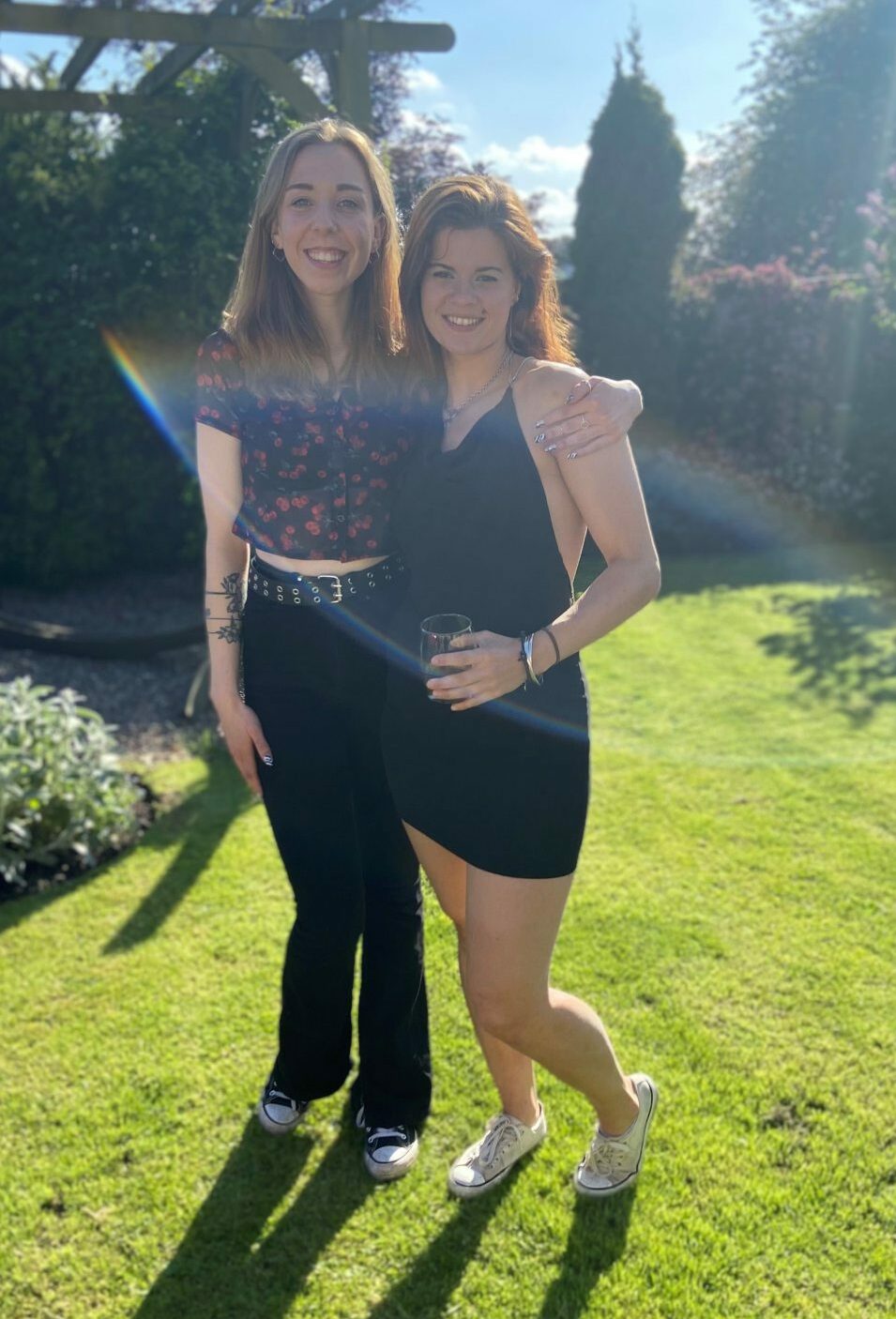

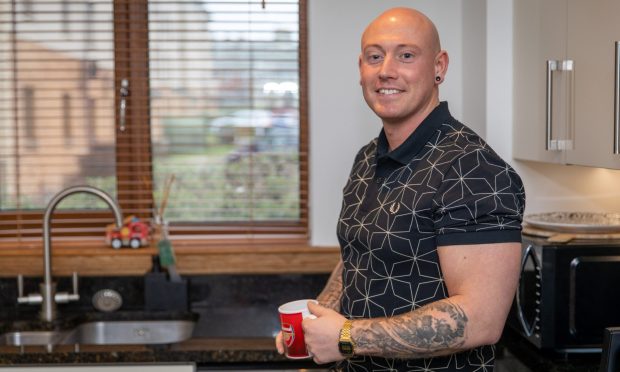
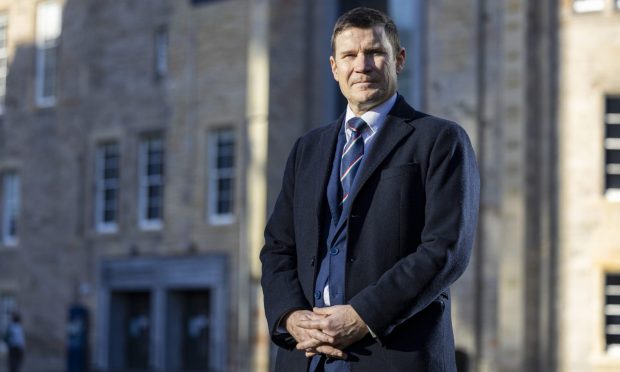
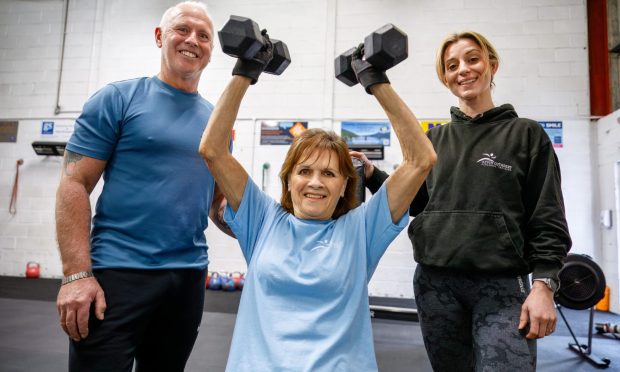
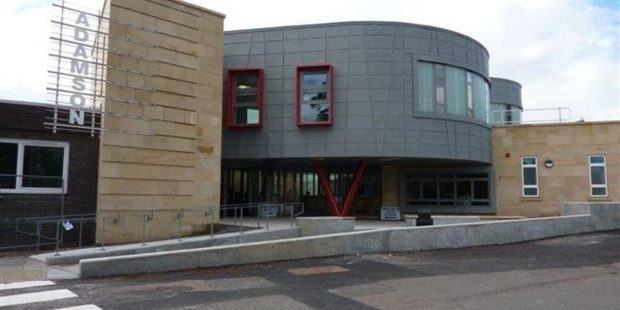
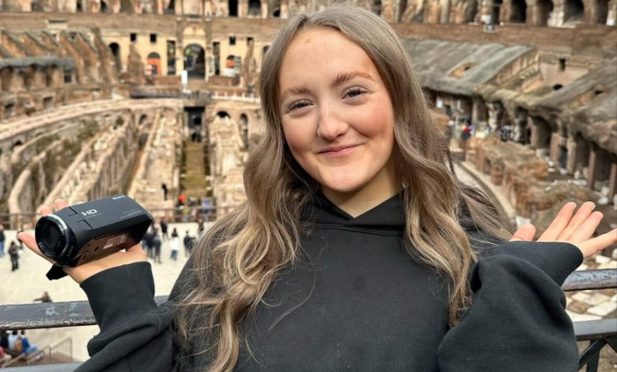


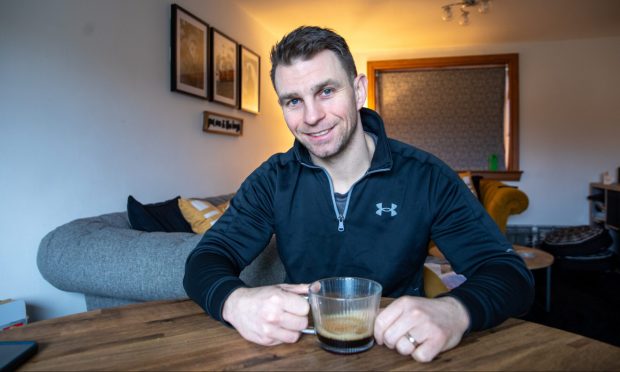

Conversation